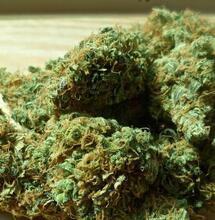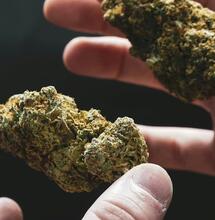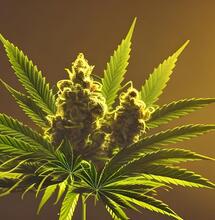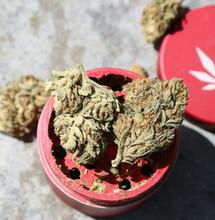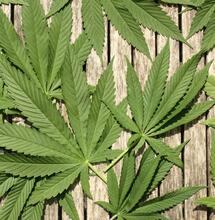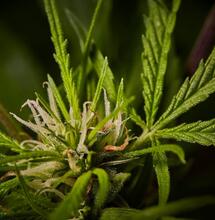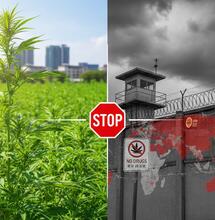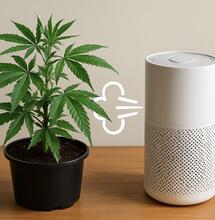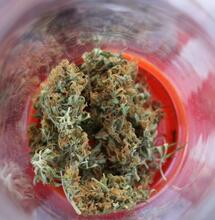Is There Link Between Cannabis Legalization and Psychosis?

A new study analyzed the health data of more than 63 million Americans to see if there is an increase in psychosis-related diagnoses in states where marijuana has become legal. The research concludes that there is "no statistically significant increase" in psychosis, including disorders in the schizophrenia spectrum and mood disorders with psychotic episodes.
It's probably one of the most significant studies of its kind to date, involving researchers from Stanford University, the University of Pennsylvania, and the U.S. Department of Veteran Affairs (V.A.). The group assessed the data of over 63 million health insurance beneficiaries aged 16 years and above coming from all U.S. states and the District of Columbia. The data applies from the period between 2003 and 2017, and the analysis was carried out between April 2021 and October 2022.
Legalization Has Not Resulted in More Cases of Psychosis
In general, the conclusion is that there isn't any significant correlation between legalization and suspected higher rates of psychosis, something which opponents often use as an argument against weed reform.
The study results were published in the Journal of the American Medical Association (JAMA) Psychiatry, and claim that "compared with no legalization policy, states with legalization policies experienced no statistically significant increase in rates of psychosis-related diagnoses."
Researchers looked at data on commercial and Medicare Advantage claims to gauge the potential impact of cannabis reform, which has been linked to an increased usage rate among adults.
"This study is the first and largest, to our knowledge, to quantify the association of medical and recreational cannabis policies with rates of psychosis-related health care claims across U.S. states," the researchers wrote.
The group also did a secondary data evaluation that looked at "much smaller" sample. The conclusion from the secondary evaluation suggests that there is an actual increase of psychosis-related diagnoses, in particular among men aged 55 to 64, and Asian beneficiaries in states with access to legal weed compared to states with no policy. The study authors noted that "further considerations" are needed for this finding.
NORML Deputy Director Paul Armentano said in a blog post that the findings are "reassuring," however, he also cautioned that it's important to recognize that some populations predisposed to psychosis could be more vulnerable than others to experiencing unwanted side effects from the use of cannabis.
Prior studies indicate that lifetime incidents of marijuana-induced psychosis are relatively rare among those who do not already have a previous diagnosis of a psychiatric illness.
A study in Europe that involved 233,000 marijuana consumers recently found out that fewer than one-half of one percent of users had ever reported experiencing acute psychosis that required medical attention. A percentage that is less than the rate associated with alcohol.
Also read on Soft Secrets:
- DNA Test Can Now Tell If You're Fit for Pot or Not

